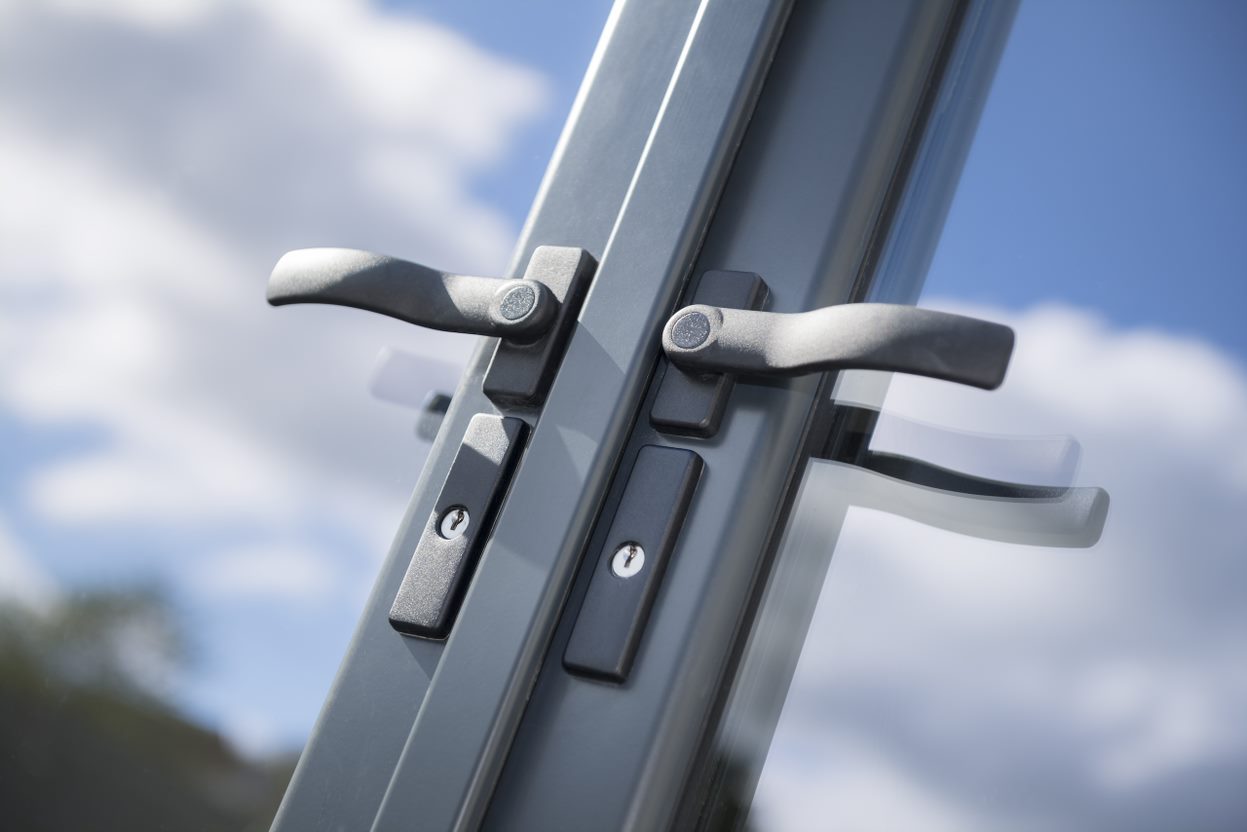Why All The Fuss Over Repair A Door Handle?
Repairing a Door Handle: A Comprehensive Guide
Door handles are amongst the most often used components of any home or workplace. Nevertheless, Repair My Windows And Doors can lead to wear and tear, leading to a malfunctioning or broken handle. Whether it's a loose handle that will not turn or a totally detached one, fixing a door handle can often be a straightforward task that requires just basic tools and a little understanding. This article will guide you through the actions included in repairing a door handle, together with some practical FAQs.
Understanding Common Door Handle Issues
Before diving into the repair procedure, it's vital to identify common issues related to door handles:
- Loose Handle: A handle that wobbles or turns without engaging the latch may have loose screws.
- Stuck Handle: If a door handle is tough to turn, there may be obstructions within the mechanism or misalignment with the lock.
- Removed Handle: Complete detachment may arise from broken screws or a damaged handle.
- Rusty or Corroded Handle: Handles made from metal can become rusty gradually, leading to performance issues.
Recognizing these problems will help you determine the best strategy for repair.
Tools and Materials Needed
To successfully repair a door handle, you'll need the following tools and materials:
Tools:
- Screwdriver (flathead and Phillips)
- Allen wrench (if relevant)
- Pliers
- Energy knife
- Cleaning cloth
- Lubricant (e.g., WD-40)
- Replacement parts (if necessary)
Materials:
- Screws (if any are missing out on or damaged)
- New handles (if repairs are not possible)
Step-by-Step Repair Process
Step 1: Gather the Tools
Start by putting together all the required tools and materials. Having everything on hand will make the repair process smoother and more effective.
Step 2: Remove the Door Handle
Inspect the Handle: Look for noticeable screws on the handle or the base. Lots of handles have screws concealed behind ornamental plates, which might need to be pried off gently.
Loosen the Handle: Using the appropriate screwdriver, get rid of the screws holding the handle in place.
Remove the Handle: Once the screws are removed, thoroughly pull the handle far from the door. If the handle is stuck due to paint or corrosion, carefully wiggle it back and forth or use an energy knife to cut the paint around its base.
Step 3: Diagnose the Problem
Upon getting rid of the handle, inspect its parts:
- Check the screws: Ensure they are not stripped or harmed.
- Take a look at the mechanism: Look for any noticeable indications of wear or obstruction.
- Evaluate the positioning: Ensure that the lock mechanism is aligned with the handle.
Step 4: Repair or Replace Components
Depending on your medical diagnosis, continue as follows:
For Loose Handles:
- Tighten the screws utilizing the screwdriver. If screws are damaged, replace them with brand-new ones.
For Stuck Handles:
- Apply lubricant to the mechanism and move the handle backward and forward to loosen up any stuck parts. Make sure the positioning is proper with the lock.
For Detached Handles:
- If the handle has actually broken totally, replace it with a brand-new one. Ensure you choose a replacement that matches the existing hole pattern on your door.
For Rusty Handles:
- Use a cleaning cloth to wipe away rust and rust. If the handle is too corroded for repair, think about changing it totally.
Step 5: Reinstall the Door Handle
Align the Handle: Position the handle back onto the door, making sure that it lines up with the lock mechanism.
Screw It Back In: Insert and tighten up screws to secure the handle in location. Avoid overtightening as this might strip the screws or damage the door.
Step 6: Test the Handle
Once the handle is reinstalled, evaluate its functionality. Ensure it turns efficiently and engages the lock properly. If you see any issues, repeat the pertinent repair actions.
Preventative Maintenance Tips
To prolong the life expectancy of your door handles, think about these maintenance tips:
- Regularly check screws for tightness and retighten them as needed.
- Apply lubricant to the mechanism every few months to prevent wear.
- Keep handles clean and complimentary of dust and particles.
- Examine for rust or deterioration, particularly on exterior doors.
FAQs About Door Handle Repair
Q1: Can I repair a door handle without changing it?
Yes, many common issues, such as loose screws or misalignment, can typically be fixed without replacement.
Q2: What kind of lube should I use?
A general-purpose lube like WD-40 or silicone spray works for oiling door handle mechanisms.
Q3: How do I understand if I require a new handle?
If the handle is broken, greatly rusted, or if internal components are beyond repair, it might be more cost-effective to replace it.
Q4: Are there various types of door handles?
Yes, there are various types, consisting of lever handles, knob handles, and wise locks. Each requires a somewhat different approach to repair.
Q5: Is it possible to fix a handle on a moving door?
Yes, sliding doors frequently have unique systems. However, the fundamental principles of diagnosing and fixing issues apply. Seek advice from maker guidelines for specific repair guidelines.
Repairing a door handle might seem intimidating for some, but with the right tools, products, and understanding, it is a manageable DIY task. By following the steps described in this guide, people can efficiently examine, repair, and keep door handles, ensuring they stay practical and reliable for several years to come. Routine maintenance is necessary, as it extends the life of door handles, decreases the need for substantial repairs, and promotes a smoother operation throughout your home or workplace.
